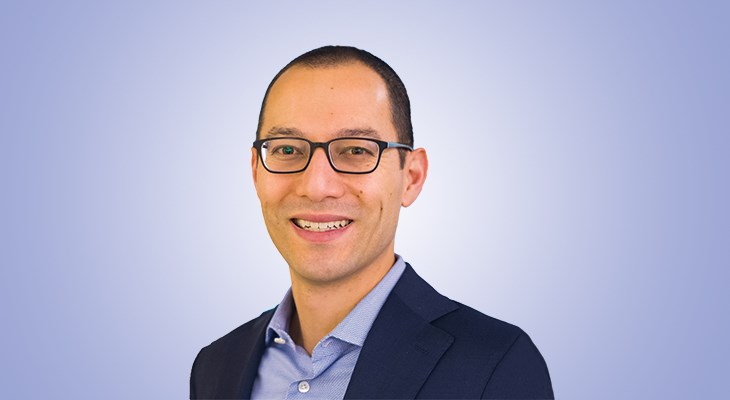The mix of business at The Chartis Group has shifted quite a bit the last 12 months. Last year, the company, which advises health care focused investors and portfolio companies, had work mainly on the transaction side, mostly buy-side related. This year, there's been a significant amount of deeper dive work into the portfolio companies. That, says Director - PE Advisory Practice Leader Eric Mayeda, who spoke at the Minneapolis Smart Business Dealmakers Conference, ties back to the need that these companies have to really invest more in that prep for a transaction.
"I joked with a couple of clients mine that the name of the game has changed," Mayeda says. "If you're tying this back to children's games, last year was Hungry Hungry Hippos and this year is more like Risk. In that environment, it puts more of the impetus on the companies to prepare for that transaction to be able to tell their story, to enable investors to appropriately underwrite what the company is there for. And so a lot of the chasing the shiny objects and things that were to some degree in vogue earlier, that part has gone away and fundamental business and economics are back in focus. And we're seeing that in the prep work that's occurring as well as when things are moving to transaction, it's just pa deeper dive that investors and diligence providers and lenders are playing on all of these."
Deal timeframes have elongated and the level of scrutiny has increased. Mayeda says when he would do commercial diligence work in the past, it was pretty rare that lenders would then set up subsequent calls with my teams to interrogate on some of the findings. Now that's become routine. Owning the story, he says, is the really important part of this because, contrasting against 2021, there were a lot of stories where a lot of companies would come to market and saying they've got six different growth pathways. They didn't have to be that strong, but it offered value and optionality. Now, he says he's seeing a much greater focus on buyers not interested in the six or eight different ways a company can grow. They instead want one or two credible ways that buyers can understand and underwrite and believe are going to be sustainable given different market conditions.
"It's sort the paring back of the messaging and the work that seems to be coming through in a lot of the processes that we're seeing," he says.
To that end, he says knowing who you are is critically important in this environment. There was a period where seemingly all the health care sims he read were companies that, regardless of sub-sector, they positioned themselves as tech enabled.
"And the reality is not everybody's a tech-enabled company. And that's OK," Mayeda says. "I worked with a home-based care company earlier in the year that was spending tens of millions of dollars with developers trying to build tech-enabled solutions because they were convinced that that was the pivot they needed to make to drive their exit value. And the reality is it completely turned their P&L upside down. And the buyers, then, when they went to market, saw through that and said, you're not a tech-enabled company. You're a really good home-based care company, be that."
Companies shouldn't try to be something that they're not. Sophisticated buyers, he says, are going to see through that. Companies can't just simply pivot and say, because we're spending this money on something else, we are a different company than we than what our foundation is. In this kind of environment, he says, being true to who you are becomes critically important.




